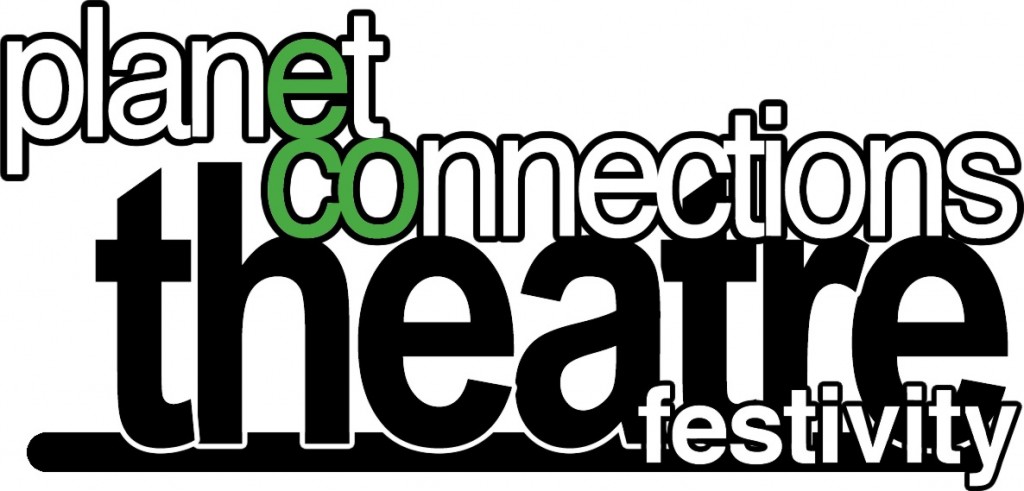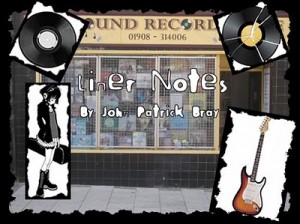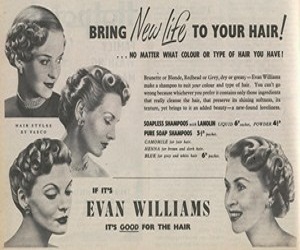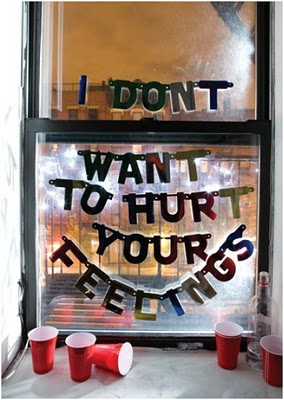
Planet Connections Theatre Festivity is New York City’s premiere eco-friendly theatre festival, connecting artists and audiences with diverse dynamic charitable organizations. The Planet Connections experience entertains, enlightens and informs.
The Happiest Medium (proud sponsors of The Planet Connections Festival), will be running Q&A throughout the festival.
Today we ask one question each of Emma Koenig, director and playwright (as well as one of the actors!) of I Don’t Want to Hurt Your Feelings and John Patrick Bray, writer of Liner Notes. Both shows have strong relationship-based stories. Let’s see what they’re all about . . .
I Don’t Want to Hurt Your Feelings
answers by Emma Koenig
Here’s Antonio’s question -
If you would have to single out a quality between dialogue, plot or character, which one is the strongest in your play/piece, and why?
Dialogue definitely drives this piece because it enables a series of rapid stylistic shifts and opposing viewpoints to flow together. The text combines cliches, slang, pop culture references, and excerpts from real conversations in an effort to explore people’s behavior in relationships. This play also places a lot of importance on how the words we use affect others.
Here’s Karen’s question -
What has been the most surprising or unexpected thing that’s happened during this play? Did that wind up taking the play in a new direction?
I Don’t Want to Hurt Your Feelings had a previous run in December with an entirely different cast. It’s been wild to see how different the piece can be with new energies in the rehearsal room. Also, I created this piece to reflect a certain time in my life and I have updated certain moments to reflect my current state of mind.
Here’s Anne’s question -
What do you think is the central theme and reason this play was conceived?
This play is about the struggle between emotion and logic and how that conflict leads to us creating obstacles that get in the way of our own happiness. Creating this show was a way for me to try to reconcile those contradictory impulses within myself.
Here’s Stephen’s Question -
Why should the audience (we) go to your play? What will the audience learn about the “human condition” by going to your play?
I feel that we are all connected through the bullshit of dealing with relationships. It is my hope that the more personal and specific the content of the show becomes, the more the audience is able to see themselves in the piece.
Here’s Sarah’s Question -
What is your favorite line from the play?
“I’ll feel this strange sense of guilt if I don’t put your dick in my mouth and I won’t want you to think I’m a prude!”
Here’s Diánna’s Question -
What about this play do you feel most drawn to personally, and because of that, what message do you hope the audience walks away with?
I feel personally linked to every aspect of this show and thus sometimes I joke that I’m not sure where this play ends and my life begins. From the beginning, my goal has been simple: I want to the audience to laugh, to feel moved, and to think about their own lives. Even if it’s only one out of those three, that’s fine by me!
* * *

Liner Notes
answers by Julia Sandra Rand
Here’s Antonio’s question -
If you would have to single out a quality between dialogue, plot or character, which one is the strongest in your play/piece, and why?
This play is definitely character-driven, so hopefully the dialogue is strong. I think I have to choose two out of three here. The characters are both story-tellers. Each story leads the other one a little deeper into both who the other is, and who they wished they were.
Here’s Karen’s question -
What has been the most surprising or unexpected thing that’s happened during this play? Did that wind up taking the play in a new direction?
The most surprising thing is that it’s actually getting produced after nine years! lol
Here’s Anne’s question -
What do you think is the central theme and reason this play was conceived?
Well, I wrote the play as an homage to a few of my favorite bands. At the time I was also struggling with the idea of being involved in the academy and the practicum. It’s basically looking at the past, and seeing things as being larger and more important than they actually were. A big fish/big guitar story.
Here’s Stephen’s Question -
Why should the audience (we) go to your play? What will the audience learn about the “human condition” by going to your play?
It talks about grief, mourning, jealousy, the nature of relationships; you might think you need a lover and what you find out what you really need is family. Plus, there’s the idea that we all get hung up on nostalgia; we remember the past the way we wished it had happened, and try to embrace that as a foundation for who we are. But as Johnny Thunders says, “you can’t put your arms around a memory, so don’t try.”
Here’s Sarah’s Question -
What is your favorite line from the play?
Two way tie:
“I wish my grass was emo, so it would cut itself.”
and
“I asked the cute bar-guy for doubles. He gave me octoroons. Wait, that’s not the right word. Doesn’t that mean one of their grandparents were black?”
Here’s Diánna’s Question -
What about this play do you feel most drawn to personally, and because of that, what message do you hope the audience walks away with?
I think there are many of us who get hung up on nostalgia, “those were the days, my friend.” And sometimes the past seems much grander to us than any hope of the future. People don’t necessarily change, but if they want to, they can adapt with changing times just by accepting who they really are. That’s how you become timeless.




{ 0 comments… add one now }